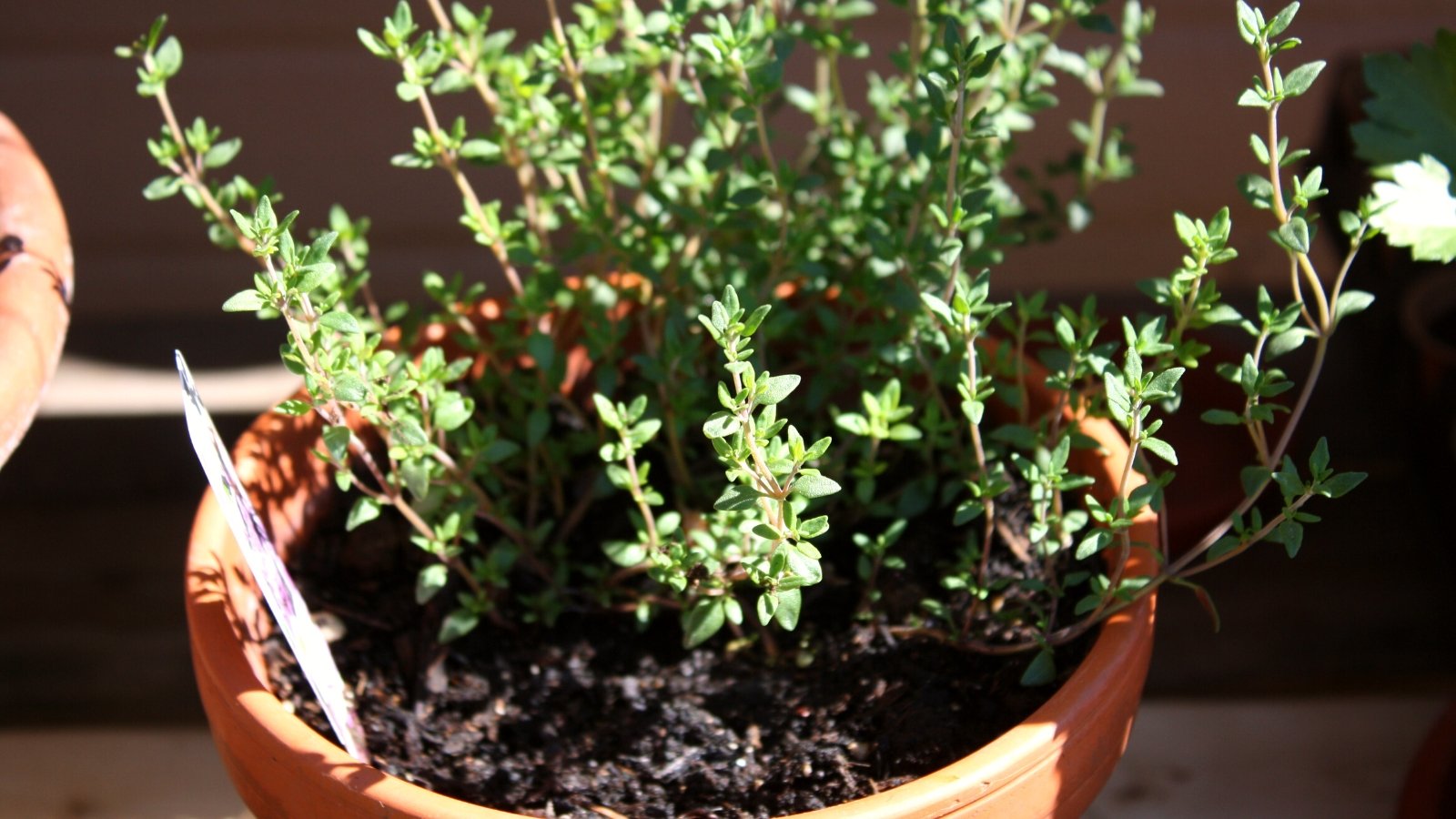Simply put, hydroponics is the practice of growing plants using only water, nutrients, and a growing medium. The word hydroponics comes from the roots “hydro”, meaning water, and “ponos”, meaning labor, this method of gardening does not use soil.
Sounds high tech and futuristic, right? It’s not.

The earliest examples of hydroponics date back to the Hanging Gardens of Babylon and the Floating Gardens of China. Humans used these techniques thousands of years ago. Although the general theory behind hydroponics remains the same, modern technology has enabled us to grow plants faster, stronger, and healthier.
Listen to this post on the Epic Gardening Podcast
Subscribe to the Epic Gardening Podcast on iTunes or Spotify
Modern Hydroponics
The earliest modern reference to hydroponics (last 100 years) was by a man named William Frederick Gericke. While working at the University of California, Berkeley, he began to popularize the idea that plants could be grown in a solution of nutrients and water instead of soil.
Naturally, the general public, as well as William’s colleagues, doubted this claim.
He quickly proved them wrong by growing 25 foot high tomato vines using only water and nutrients.
He decided to call this growing method hydroponics. The shocking results of Gericke’s experiment with tomatoes prompted further research into the field. More research was performed by University of California scientists, who uncovered a great deal of benefits related to soilless plant cultivation.
Benefits of Hydroponics
One of the biggest advantages that hydroponics has over soil growing is water conservation. When growing plants in soil, a grower has to be very experienced to know how much water to give his plants. Too much and the plant’s roots are not able to get enough oxygen. Too little and the plant can dry out and die.
Hydroponics solves this problem in three different ways.
Oxygenated Nutrient Reservoir
The water reservoir can be constantly oxygenated, making sure that the plant’s roots obtain the optimum level of oxygen. Additionally, the problem of watering is solved by the fact that the plant’s root system no longer has soil surrounding it, blocking oxygen uptake by the roots.
Uses Less Water
Hydroponics uses much less water than soil farming because it can be recirculated. In traditional farming, water is poured over the ground and seeps into the soil. Only a small fraction of the water actually gets used by the plant. Hydroponics allows for the unused water to be recycled back into the reservoir, ready for use in the future. In dry and arid areas, this is a massive benefit.
Total Growing Control
The final major benefit of hydroponics is the amount of control a grower has over the environment. Pests and diseases are much easier to deal with – your environment is often times portable and raised off of the ground. This makes it hard for bugs to reach your plants. Any soil-related diseases are completely written off in hydroponics as well. Lastly, you’re able to control the amount of nutrients provided to your plant precisely, saving on nutrition costs.
Farming of the Future
With all of these advantages, it seems as if there’s nothing wrong with hydroponics! Not entirely true. Soil does act as a buffer for growing errors – in hydroponics, errors are much more costly and can ruin an entire crop. In addition, higher levels of humidity do invite fungi and mildew to the system, which can ruin a crop.
In my opinion, these are small prices to pay for the vast improvements that hydroponics has over traditional growing methods. We’re seeing commercial hydroponic greenhouses pop up all over the world.
In a world where fresh water and food supply are such hot issues, I see hydroponics as a major way to solve these problems in a sustainable and ecologically conscious way. The farming of the future has begun!
Want to learn how hydroponics works? Check out the next article in my Hydroponics From Scratch series – Hydroponics for Beginners!














